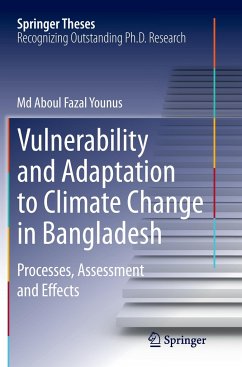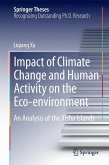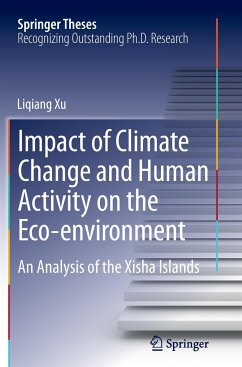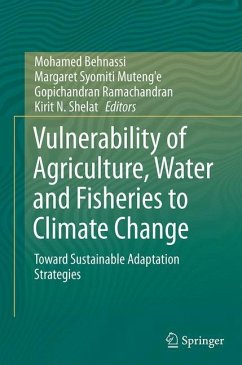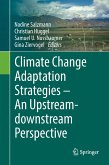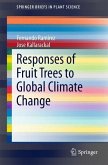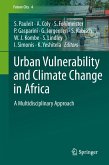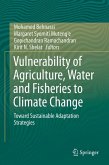The IPCC (2007) warned that the Ganges Brahmaputra Meghna (GBM) basin will be at greatest risk due to increased flooding, and that the region's poverty would reduce its adaptation capacity. This book investigates autonomous adaptation using a multi-method technique comprising PRA and a questionnaire survey applied in the case study area 'Islampur' Upazila in Bangladesh.
The study has four key approaches. First, it reviews the flood literature for Bangladesh from 1980 to 2014. Second, it examines farmers' crop adaptation processes in a case study area at Islampur, Bangladesh. Third, it assesses the vulnerability and adaptation (V & A) in response to three extreme flood events (EFEs). Fourth, the book assesses the economic consequences of failure effects of autonomous crop adaptation in response to EFEs. The results show that Bangladeshi farmers are highly resilient to EFEs, but the economic consequences of failure effects of autonomous crop adaptation (FEACA) on marginal farmers are large.
The book contributes to current knowledge by filling three important research gaps as follows, 1) farmers' autonomous crop adaptation processes in response to various types of extreme floods; 2) methodological contribution for assessing vulnerability and adaptation through PRA; and 3) the economic consequences of the failure effects of autonomous crop adaptations.
"This book provides a good account of 'autonomous adaptation' and its impact on fl
ood vulnerable communities in Bangladesh. Anyone wishing to fully understand the impact of climate change should read the book."
Professor Muhammad Yunus, Nobel Laureate, Yunus Centre, Bangladesh
The study has four key approaches. First, it reviews the flood literature for Bangladesh from 1980 to 2014. Second, it examines farmers' crop adaptation processes in a case study area at Islampur, Bangladesh. Third, it assesses the vulnerability and adaptation (V & A) in response to three extreme flood events (EFEs). Fourth, the book assesses the economic consequences of failure effects of autonomous crop adaptation in response to EFEs. The results show that Bangladeshi farmers are highly resilient to EFEs, but the economic consequences of failure effects of autonomous crop adaptation (FEACA) on marginal farmers are large.
The book contributes to current knowledge by filling three important research gaps as follows, 1) farmers' autonomous crop adaptation processes in response to various types of extreme floods; 2) methodological contribution for assessing vulnerability and adaptation through PRA; and 3) the economic consequences of the failure effects of autonomous crop adaptations.
"This book provides a good account of 'autonomous adaptation' and its impact on fl
ood vulnerable communities in Bangladesh. Anyone wishing to fully understand the impact of climate change should read the book."
Professor Muhammad Yunus, Nobel Laureate, Yunus Centre, Bangladesh
"This book from Md Aboul Fazal Younus ... focuses on climate change vulnerability and adaptation. ... The book is recommended for practitioners and researchers on climate change, with a particular focus on vulnerability and adaptation but it will also interest practitioners and policy-makers engaged in developing the plans and programmes at regional and national level. The specific case of the Bangladesh communities studies provide primary data for those engaged on the topic." (Rocio A. Diaz-Chavez, Journal of Environmental Assessment Policy and Management, Vol. 17 (2), June, 2015)
"This is the first published study in the last half century to focus comprehensively on community input to the assessment of climate change vulnerability and adaptation in Bangladesh. ... An essential read for policy makers in this area, Vulnerability and Adaptation to Climate Change in Bangladesh. Processes, Assessment and Effects is a critical and pioneering text for those interested in long-term patterns of significant climate change events and human responses to those events." (Jennie Shaw, Climate Policy, March, 2015)
"This is the first published study in the last half century to focus comprehensively on community input to the assessment of climate change vulnerability and adaptation in Bangladesh. ... An essential read for policy makers in this area, Vulnerability and Adaptation to Climate Change in Bangladesh. Processes, Assessment and Effects is a critical and pioneering text for those interested in long-term patterns of significant climate change events and human responses to those events." (Jennie Shaw, Climate Policy, March, 2015)

